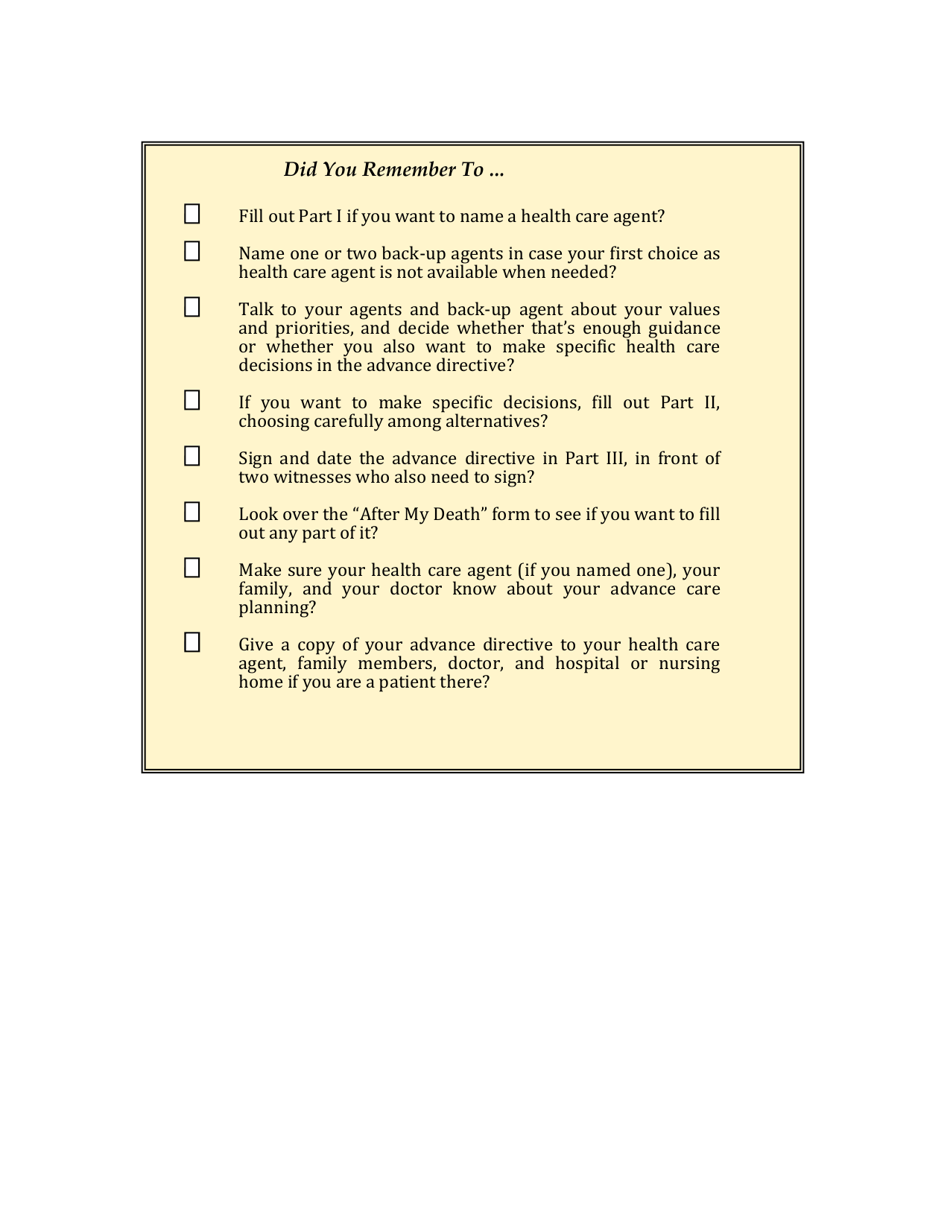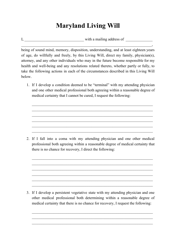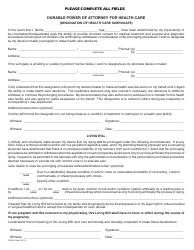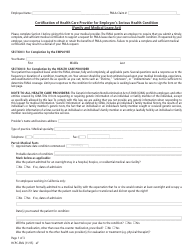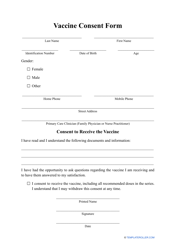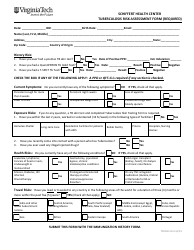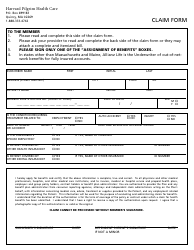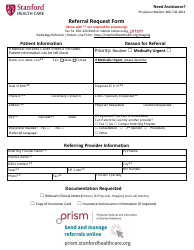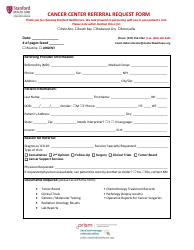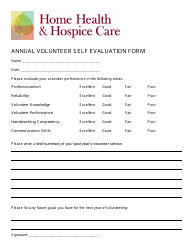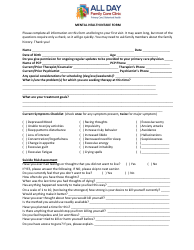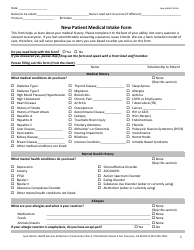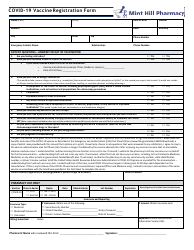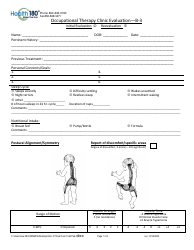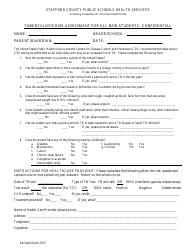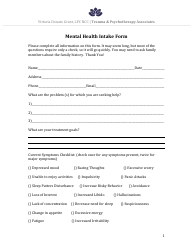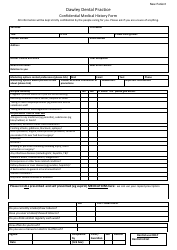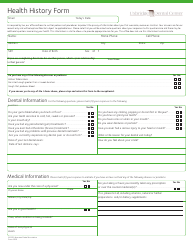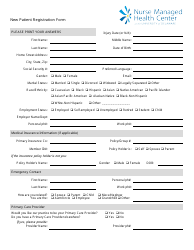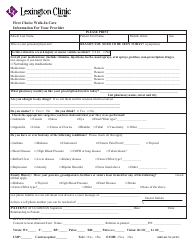Advance Directive for Health Care Form - Maryland
The Maryland Advance Directive for Health Care is a set of instructions about preferred medical care that takes effect when a patient becomes unable to make decisions. In addition to listing preferences for medical care, the form provides individuals with the option of appointing a health care proxy. A health care proxy - otherwise known as a health care agent or surrogate - is a person who has the authority to make health-related decisions on another person's behalf.
The document was prepared by the Office of the Maryland Attorney General in October 2017 and can be downloaded through the link below. The Maryland Advance Directive is regulated by Title 5 (Death) Subtitle 6 (Health Care Decisions Act) of the Maryland Code . The document must be signed by two (2) witnesses. Any competent individual - including medical facility employees, nurses, and physicians - may serve as a witness to the Directive.
There is a difference between this form and a Living Will in Maryland. A Living Will is a specific type of an Advance Directive for Health Care that becomes effective only in the event of a terminal illness.
What Is a Maryland Advance Directive?
Advance Directives are legally binding documents that outline an individual's wishes regarding life support, resuscitation and other interventions for both their health care team and family members. The paperwork includes two parts in total - a Living Will and a Medical Power of Attorney.
A Living Will is a legal document that intends to ensure and specify an individual's end-of-life wishes regarding health care and medical treatment in the event of their permanent incapacity. A Medical Power of Attorney - otherwise called a Durable Power of Attorney for Health Care - is a form that elects an agent to make medical decisions on the behalf of the individual signing the document.
How to Write an Advance Directive in Maryland?
Making an Advance Care Directive in Maryland usually features the following steps:
STEP 1 - Elect a health care proxy - or agent - to make medical decisions on your behalf. Be sure to choose a person willing to respect and follow your wishes
STEP 2 - Write down your wishes regarding any limitations in medical treatment. Specify whether you agree to be on a dialysis machine, extracorporeal membrane oxygenation (ECMO) machine, receive CPR or take antibiotics to treat infections
STEP 3 - Make decisions regarding the possibility of organ and tissue donation and state your preferences regarding burial and the disposition of remains.
STEP 4 - Keep the original signed and certified form, hand a copy out to your agent and ask your doctor to keep a copy of your document with your medical records.




































